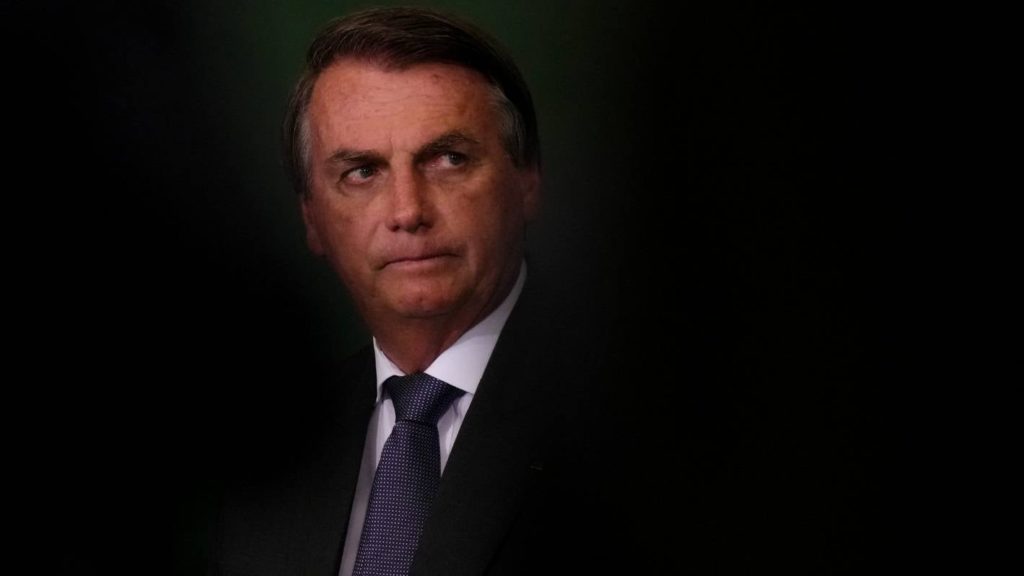After years’ of stalemate, there are clues the Brazilians may be softening their stance during the COP26 climate talks in Glasgow.
Under the Paris accord, each country will create emissions tallies, which might be produced annually, or every couple of years.
Carbon-neutral products and services, which rely on carbon credits, are becoming increasingly popular.
The Brazilian delegates have also proposed a loophole for sectors not covered by a country’s NDC.
A grace period, where double counting would be allowed on the carbon marketplace until 2025 or 2030, is also being floated.
“You can start with your NDC small… but you are meant to progress to covering economy-wide.
Similarly, they’re focusing on carbon credits sold to businesses and other organisations, but within the US.
Instead, the airline’s cash will help to achieve the Paris pledge made by the US.
Beyond the headline-making contentious issues, there is plenty of other dodgy accounting popping up in the draft rulebook from the negotiations, Martins Barata said.
New Zealand promised to cut emissions by 50 per cent by the end of the decade, which is relatively easily translated into savings of 149 million tonnes of carbon dioxide.
These provisions could be made permanent in the Paris Agreement, designed to take the world to carbon-neutrality.
During the first week of negotiations, officials from different countries attempted to reconcile their differences and produce an agreed draft for the outstanding rules under the Paris Agreement.
This week, the government ministers and officials from all 193 countries signed up to the Paris Agreement will arrive.
